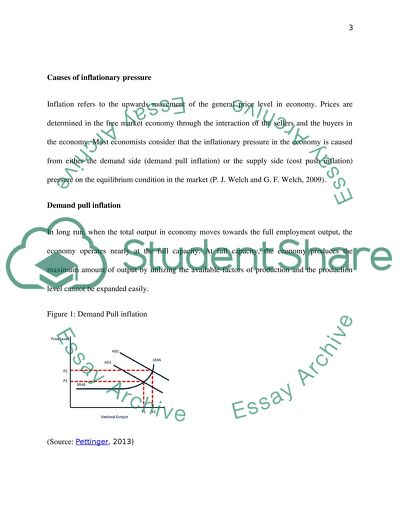Cite this document
(“Inflation Essay Example | Topics and Well Written Essays - 1500 words”, n.d.)
Retrieved from https://studentshare.org/macro-microeconomics/1481448-inflation
Retrieved from https://studentshare.org/macro-microeconomics/1481448-inflation
(Inflation Essay Example | Topics and Well Written Essays - 1500 Words)
https://studentshare.org/macro-microeconomics/1481448-inflation.
https://studentshare.org/macro-microeconomics/1481448-inflation.
“Inflation Essay Example | Topics and Well Written Essays - 1500 Words”, n.d. https://studentshare.org/macro-microeconomics/1481448-inflation.


